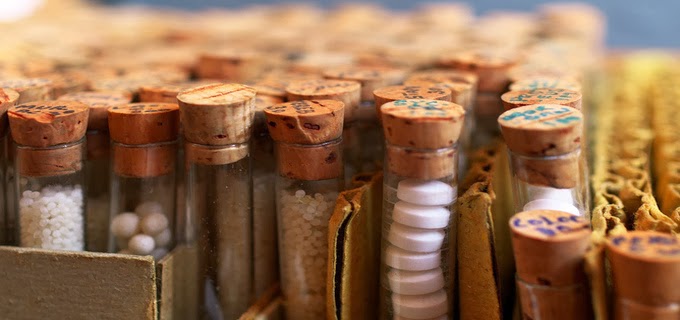Bellis Perennis offers the best treatment for sprains of the ankle, muscle pains and collection of blood in the soft tissues resulting from a blunt injury. Although, it is not used as often as
Arnica and Ruta, it is very important in the treatment of such conditions.
The sprain of the ankle is a very troublesome condition and can
linger on for life, but Bellis can gradually cure even an old sprain
of the ankle and its associated pain. Many a time, while walking, the ankle can
turn inwards and cause severe pain. Arnica gives temporary relief, but after some
time the pain returns. The possible chronicity of the condition can be obviated
by using Bellis. The symptoms of Bellis intensify on exposure to cold air.
Bellis is the best remedy for the physical
fatigue and aching
muscles of hard-working farmers and labourers. Bellis also benefits
joints which tend to fail as a result of long, strenuous use.
During pregnancy, women often develop prominent swelling
of the veins on the legs (varicose veins). Bellis is a very useful remedy in this
condition. However, most homoeopathic physicians forget to use Bellis and
resort to other remedies instead. Bellis is very beneficial for the treatment
of pain and discomfort of the muscles of the abdominal wall. There may be pain
in the muscles of the uterus and the muscles of the abdomen, which can make it
difficult for some women to stand up without support. Bellis is also very
useful for them. Bellis Perennis is
deeply related to the muscles
around the backbone.
The weakened muscles make the vertebrae
unsupported and unstable. Bellis is most beneficial in strengthening the
muscles of the back. Sometimes, the pain at just one particular vertebra of the
back can make walking difficult. Bellis significantly benefits this condition.
Bellis is very useful in the treatment of injury to the backbone and
inflammation of the nerves. Hypericum
is the very special remedy for treating pain at the coccyx (coccalgia). When
given with Bellis or Arnica, its beneficial effect becomes more pronounced. The
symptoms of Bellis intensify by taking a cold shower or on exposure to cold
air.





